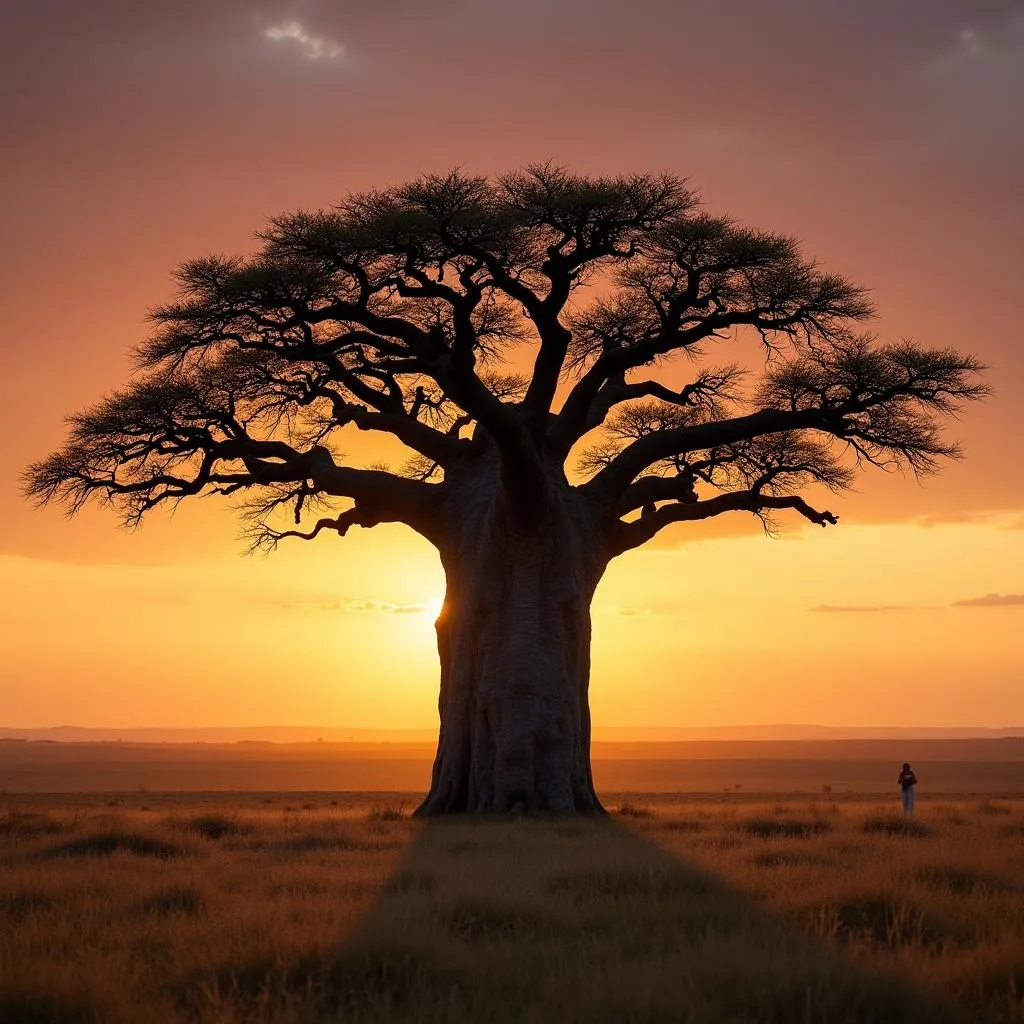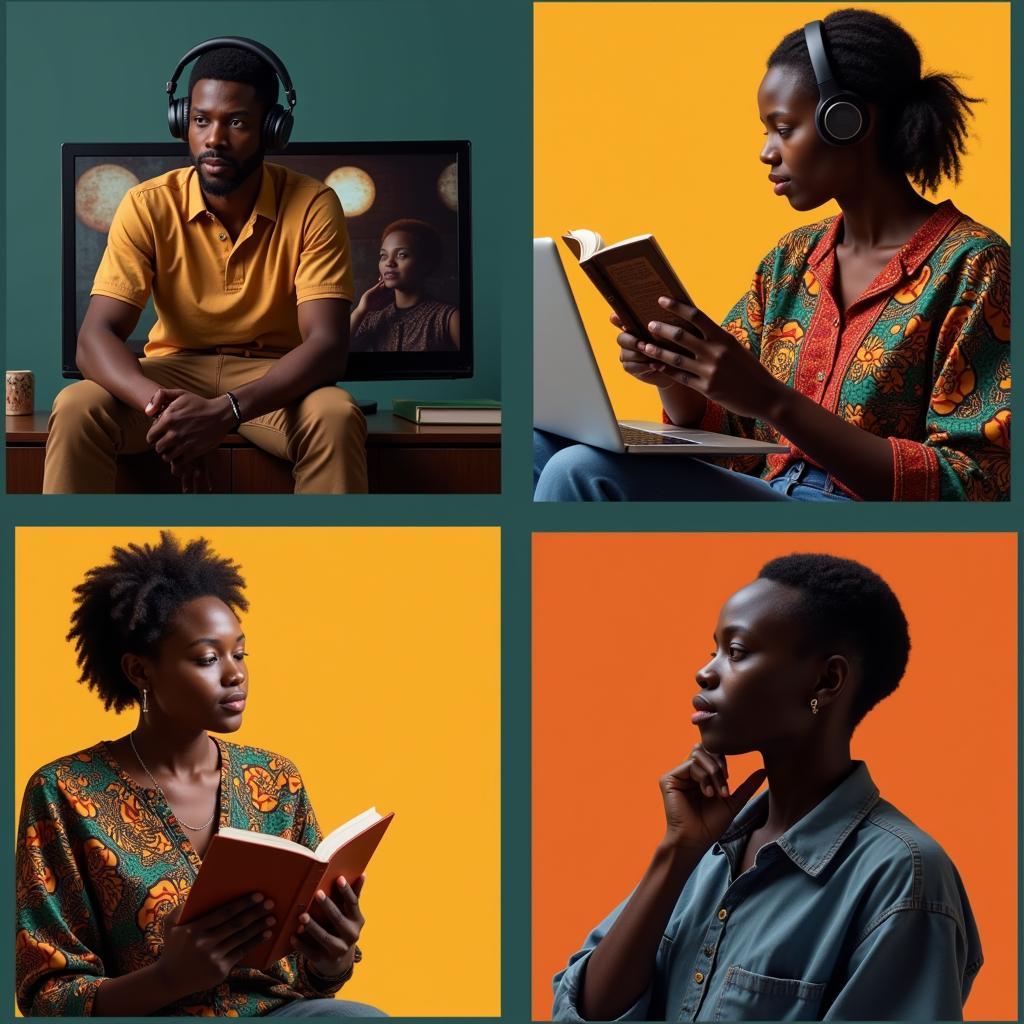Understanding the African Charter on Human and Peoples’ Rights 1981
The African Charter on Human and Peoples’ Rights 1981 is a landmark document that enshrines fundamental rights and freedoms for all individuals within the African Union. It lays the foundation for a system of human rights protection unique to the African context, incorporating both individual and collective rights. This comprehensive charter reflects the continent’s cultural values, historical experiences, and aspirations for a just and equitable society. african charter on human and peoples rights
Key Provisions of the African Charter on Human and Peoples’ Rights
The charter encompasses a broad spectrum of rights, covering civil, political, economic, social, and cultural aspects. It guarantees the right to life, liberty, and security of person, freedom from torture and inhuman treatment, freedom of expression and association, the right to education and health, and the right to a fair trial. Critically, the African Charter also recognizes collective rights, such as the right to self-determination, the right to development, and the right to a healthy environment.
Civil and Political Rights under the Charter
The charter affirms fundamental civil and political rights, including the prohibition of slavery, servitude, and forced labor. It safeguards freedom of conscience, religion, thought, and opinion, and guarantees the right to peaceful assembly and association. The charter emphasizes the importance of free and fair elections and the right to participate in the government of one’s country.
african human rights system ppt
Economic, Social, and Cultural Rights
The African Charter recognizes the interconnectedness of all human rights, emphasizing the importance of economic, social, and cultural rights alongside civil and political ones. It enshrines the right to work, the right to education, the right to health, and the right to an adequate standard of living. The charter also underscores the right to participate in cultural life and the protection of intellectual property.
The African Commission on Human and Peoples’ Rights: Enforcement and Implementation
The African Commission on Human and Peoples’ Rights is the body responsible for monitoring and promoting the implementation of the charter. The Commission receives and investigates complaints of human rights violations, conducts studies and research, and engages in promotional activities to raise awareness about the charter and its principles.
Challenges and Achievements in Implementing the African Charter
The implementation of the African Charter has faced several challenges, including limited resources, political instability in some member states, and weak enforcement mechanisms. However, the charter has also achieved significant milestones, raising human rights awareness across the continent and contributing to the development of regional human rights jurisprudence. african charter on human and peoples rights cases
“The African Charter, despite its challenges, represents a powerful tool for promoting human rights and social justice in Africa. Its emphasis on collective rights is particularly important in the African context,” says Dr. Amina Kenyatta, a leading expert on African human rights law.
african convention of human rights
The Future of Human Rights in Africa: Building on the Legacy of the Charter
The African Charter remains a vital instrument for the advancement of human rights in Africa. Its continued relevance lies in its ability to adapt to emerging challenges and incorporate new human rights norms. Strengthening the African Commission’s capacity, enhancing collaboration with civil society organizations, and fostering greater political will among member states are crucial for realizing the full potential of the African Charter on Human and Peoples’ Rights 1981.
In conclusion, the African Charter on Human and Peoples’ Rights 1981 serves as a crucial framework for protecting and promoting human rights across the African continent. Its unique blend of individual and collective rights, combined with its focus on the African context, makes it a cornerstone of human rights law in Africa. african convention on human rights icj
“The African Charter is a living document that continues to inspire hope and progress in the pursuit of human dignity and equality for all Africans,” adds Professor Kwame Nkrumah, a renowned scholar of African history and politics.
FAQ
- What is the significance of the African Charter on Human and Peoples’ Rights?
- How does the African Charter differ from other international human rights instruments?
- What is the role of the African Commission on Human and Peoples’ Rights?
- What are the main challenges in implementing the African Charter?
- How can the African Charter be strengthened in the future?
- What are some notable cases brought before the African Commission?
- How does the Charter address the issue of collective rights?
Need help? Contact us at +255768904061, email [email protected], or visit us at Mbarali DC Mawindi, Kangaga, Tanzania. Our customer service team is available 24/7.



